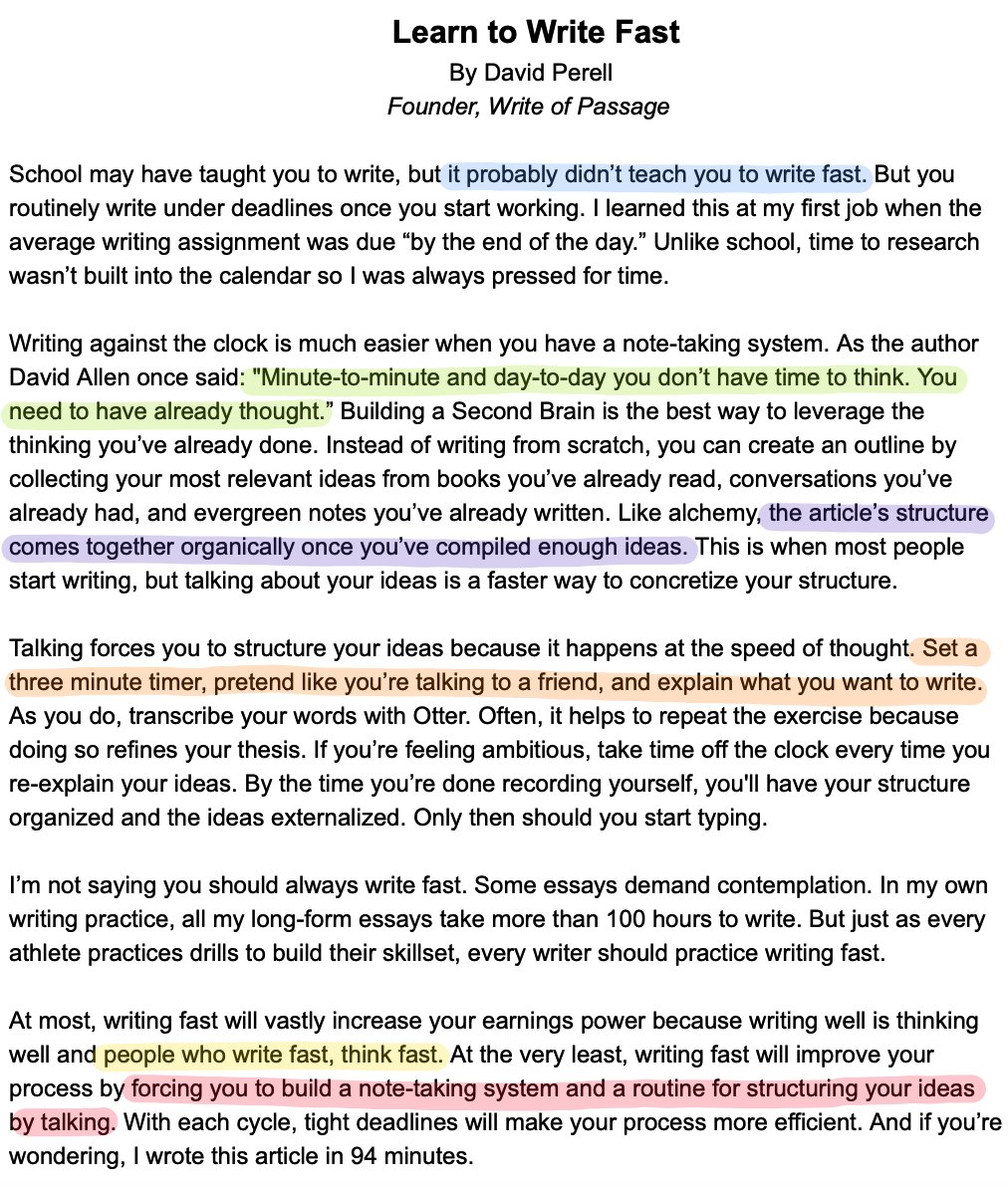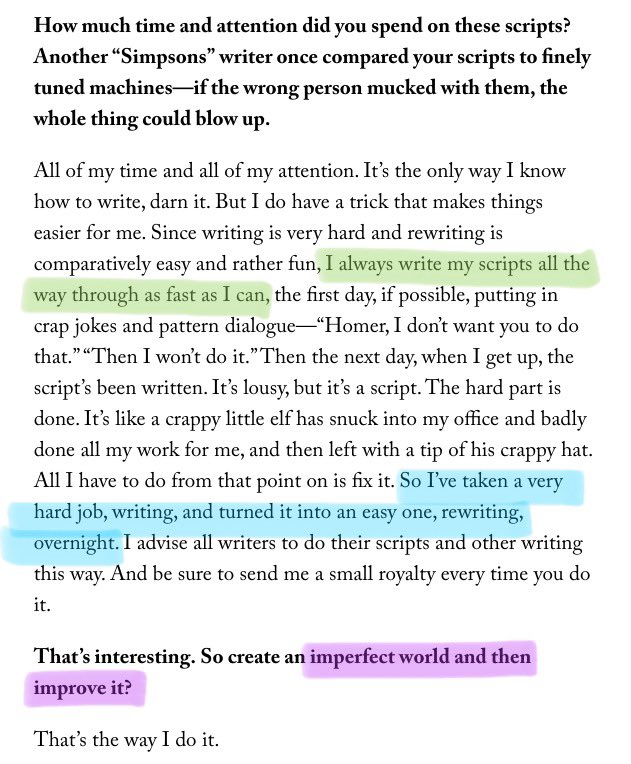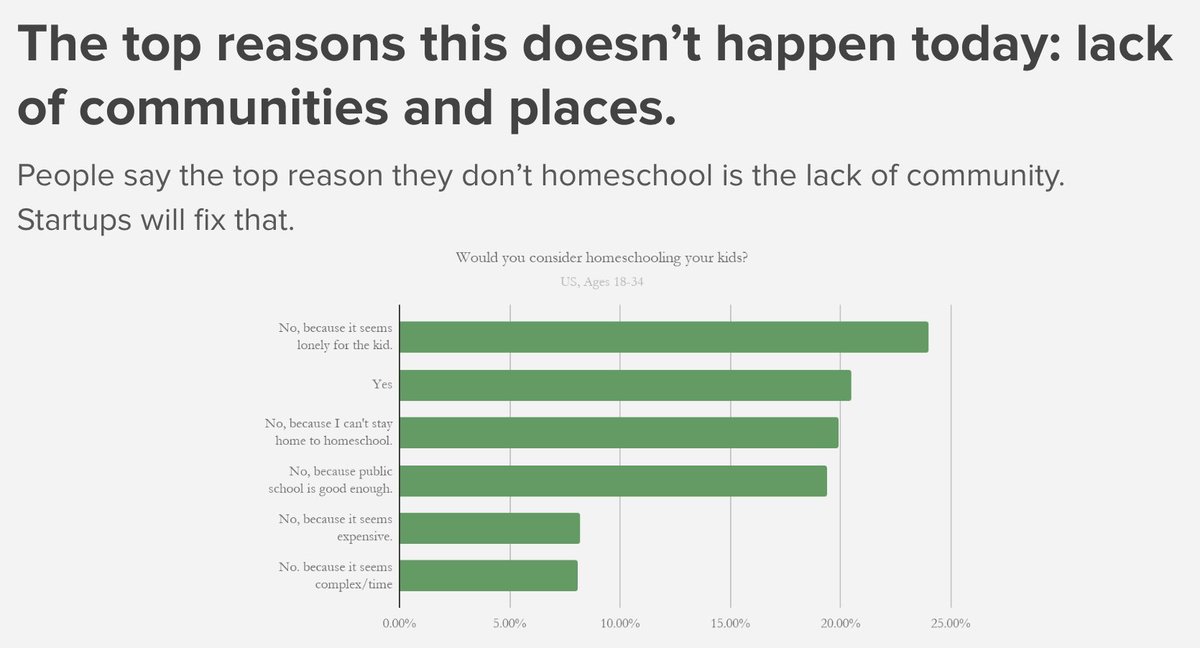
First, flood the page with ideas. Then, edit.
“Since writing is very hard and rewriting is comparatively easy and rather fun, I always write my scripts all the way through as fast as I can, the first day, if possible.”
(h/t @MarketPowerYT)
newyorker.com/culture/the-ne…
“Since writing is very hard and rewriting is comparatively easy and rather fun, I always write my scripts all the way through as fast as I can, the first day, if possible.”
(h/t @MarketPowerYT)
newyorker.com/culture/the-ne…
The writers for The Simpsons were completely independent.
Since not even executives received advanced copies of the scripts, all the writers had to do was please themselves.
Since not even executives received advanced copies of the scripts, all the writers had to do was please themselves.

Learn to write fast.
At most, it’ll help you get all of your ideas out fast so you can start revising them. At the very least, it’ll make your writing process more efficient.
To help you do it, here's my mini-essay.
At most, it’ll help you get all of your ideas out fast so you can start revising them. At the very least, it’ll make your writing process more efficient.
To help you do it, here's my mini-essay.

My entire professional life is devoted to the craft of online writing, and if you want to improve your writing process, you’ll like my 50-day email series.
Sign up below.
ageofleverage.com/50-days-of-wri…
Sign up below.
ageofleverage.com/50-days-of-wri…
• • •
Missing some Tweet in this thread? You can try to
force a refresh









